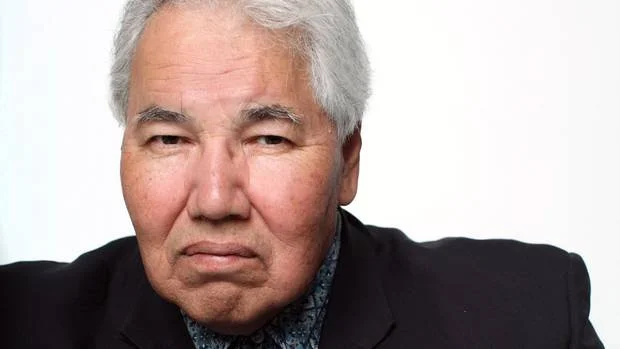O Canada...
/You stand on guard for who?
First you thought I was a goddess queen, empowered by the earth and standing tall. I was a protector of the land, so exotic in your eyes. You were the stranger to the new world. You searched our shores, explored the forests, examined our ways. You were the ones foreign to our land.
You stayed a while, you learned to love our home. That is when you got too comfortable and made our land your home. Just as quickly as you had arrived, you looked at me in a different way. I was no longer the goddess queen that I am, when I turned away your drunken breath on my neck.
Squaw is what you called me. Lazy, dirty, easy, a drunk. You used my sisters and I to your own expense. Violated our bodies, corrupted our culture.
Squaw.
The term that you coined, that damaged us forever. You used it as a defense, so that you could get away with hurting us. Because after all, if we were a squaw, which made us easy, then were we not asking for it?
Were you aware of the damage and hurt that you were creating by degrading us to nothing but a term? “That was hundreds of years ago, why do you people still linger on that word?”
Why do we still think about the term squaw? Maybe because even though the white man came many moons ago, the pain that he created has left its mark on our culture and has continued to make us ache.
I hear you joking about the ‘squaws’ on the reserves, that we are so lazy, “go get a job you uneducated Indian”, we’re dirty, and easy. That is what we have become, a joke.
We are nothing but jokes, so every time one of our sisters is murdered, or goes missing, is raped and beaten, you stand idle and watch as we disappear.
Why are you doing this to us? Don’t you think you’ve already done enough? First you purged our land, took everything for yourselves. You ripped our culture right from our hands, banished us from practicing. And if all of that wasn’t good enough, you came for our children, you assimilated them into becoming one of your white monsters.
This society that we live in today is mad for the idea of reconciling with the indigenous people of Canada, and yet there is still enough ignorance in this country to fill the bellies of every hypocritical politician in parliament.
My sisters and I are screaming to a nation to open their eyes and help save their women. The women that built this earth.
We are all linked through our souls, we are all people, so why don’t you listen to us when we cry?
My sisters and I are not just missing and murdered indigenous statistics. We are people just like you. Think of the women that are in your life, would you fight for their justice? We need you to help us. Please, I beg of that you hear our cries, do not be silent anymore. Do not be the nation that silences us.




